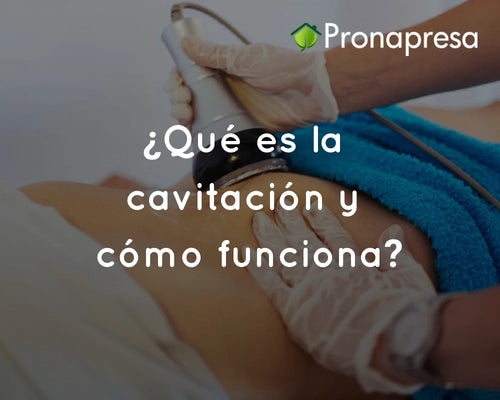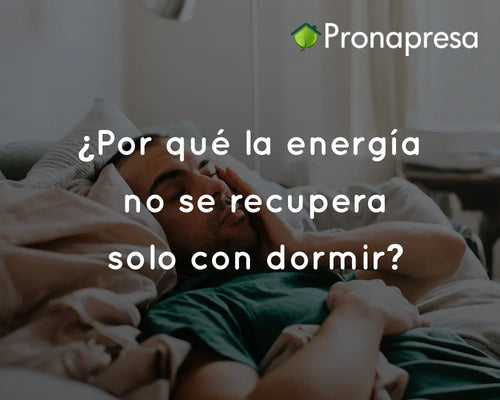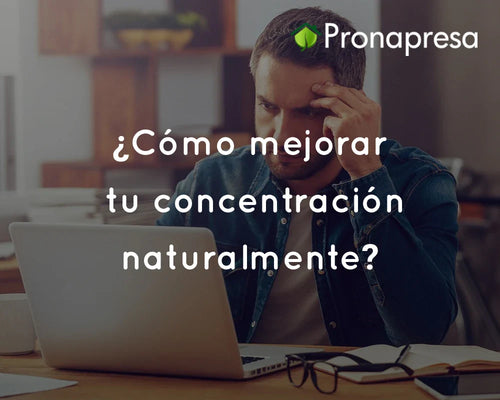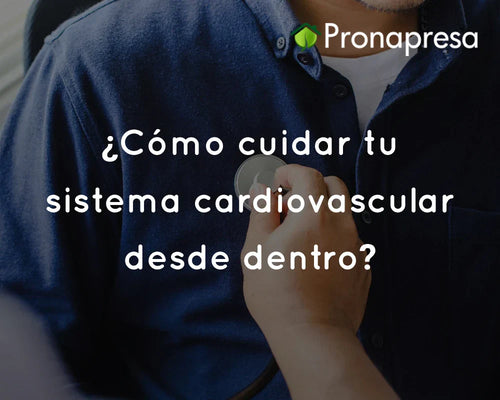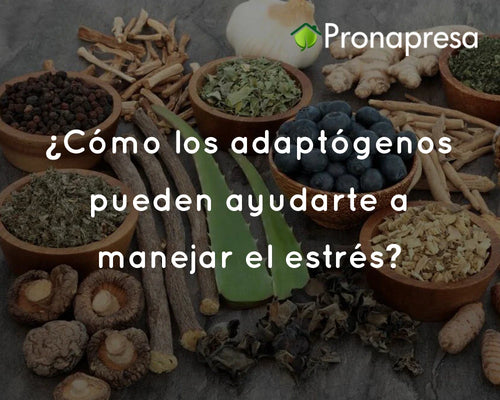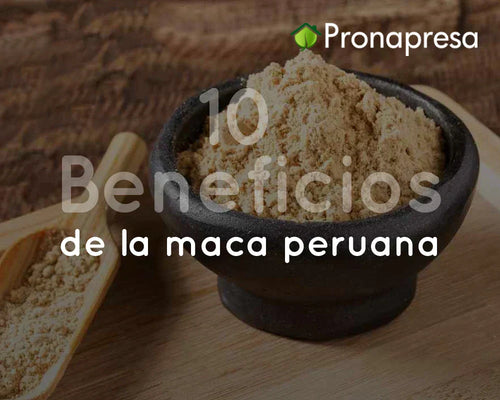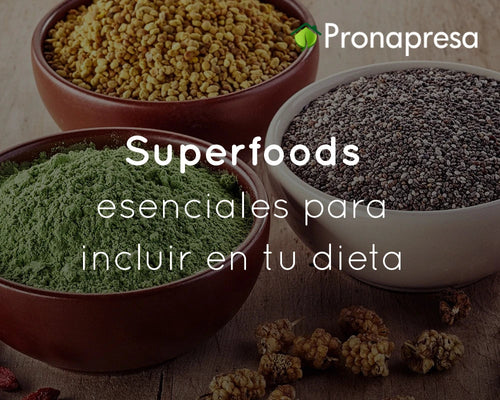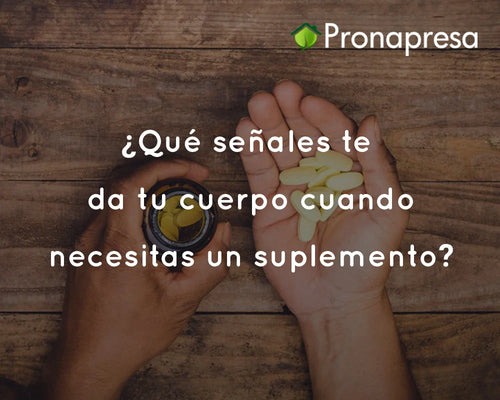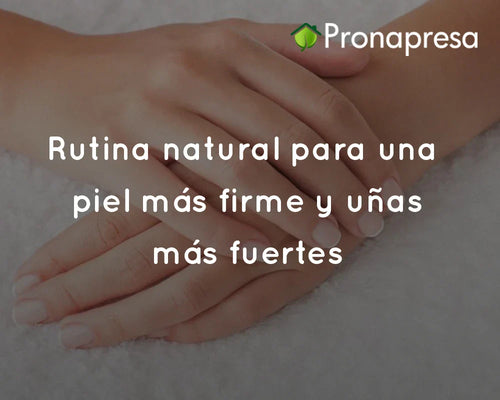
What is vitamin E and why is it so important?
Vitamin E is a fat-soluble nutrient composed of eight compounds, with alpha-tocopherol being the most active in the human body. Its main function is to protect cells from oxidative damage caused by free radicals, unstable molecules that accelerate aging and increase the risk of chronic diseases.
In addition, this micronutrient is involved in regulating the immune system , cardiovascular health , and maintaining healthy skin and hair .
Main health benefits of vitamin E
🧬 1. Powerful antioxidant that protects cells
The most well-known benefit of vitamin E is its antioxidant capacity . It neutralizes free radicals and prevents the cellular damage they cause, helping to prevent degenerative diseases and slow cellular aging.
Scientific studies have shown that adequate vitamin E intake can reduce the risk of cardiovascular disease and certain types of cancer related to oxidative stress.
💆♀️ 2. Improves skin health and appearance
Vitamin E is widely used in natural cosmetics for its regenerative properties. It helps to hydrate, nourish, and protect the epidermis , improving elasticity and reducing the appearance of wrinkles, blemishes, and scars.
Naturopathic tip: combine vitamin E with vegetable oils such as almond or jojoba oil to enhance its effects on dry or damaged skin.
❤️ 3. Strengthens the immune system
Vitamin E contributes to the proper functioning of the immune system , helping the body fight viruses and bacteria. It is an excellent ally during seasonal changes or times of stress, when natural defenses tend to weaken.
🧠 4. Supports brain and cardiovascular health
Thanks to its antioxidant properties, vitamin E helps maintain the health of neurons and blood vessels . Regular consumption can improve circulation, reduce blood clot formation, and protect against age-related cognitive decline.
💇♀️ 5. Promotes healthy hair
Topical and oral use of vitamin E for hair stimulates circulation in the scalp, strengthens follicles, and prevents hair loss. It also helps maintain hair's natural shine and softness.
Natural sources of vitamin E
Including foods rich in vitamin E in your diet is essential for maintaining adequate levels of this nutrient. Some of the best natural sources are:
- Vegetable oils: wheat, sunflower, olive, avocado.
- Dried fruits and seeds: almonds, hazelnuts, walnuts, sunflower seeds.
- Leafy green vegetables: spinach, broccoli, kale.
- Fatty fish and shellfish.
- Avocado and mango.
How to take vitamin E safely?
The recommended daily dose for adults is 15 mg (22.4 IU) . It can be obtained through food or with natural vitamin E supplements , always under professional guidance, especially if combined with other antioxidants such as vitamin C or selenium.
If you're looking to improve your health from the inside out, choose high-quality , natural vitamin E supplements . Your skin, heart, and mind will thank you!




